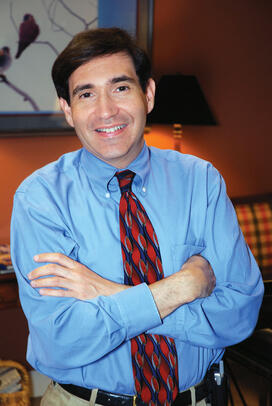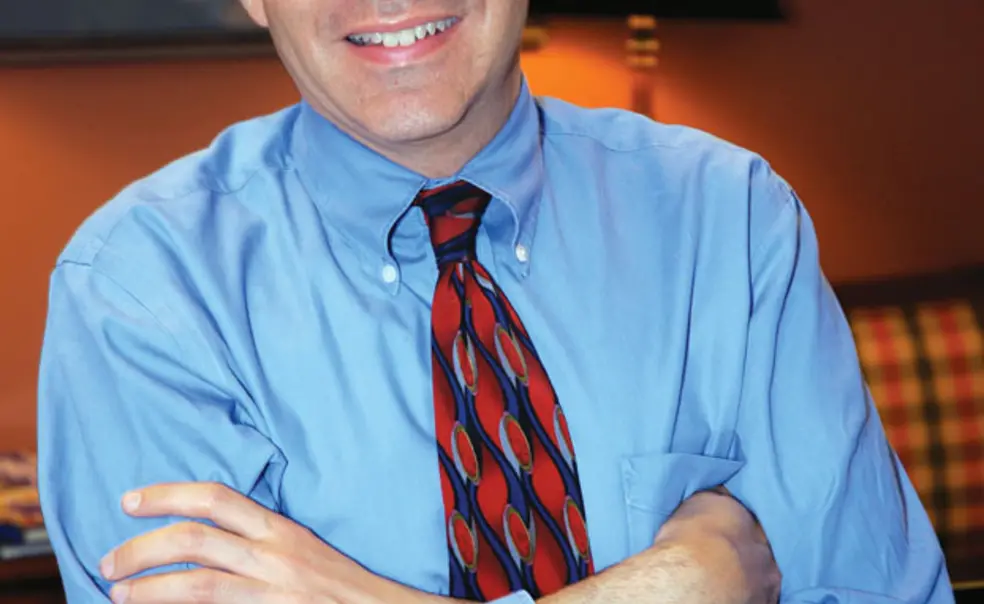
Seasoned health reporter Robert Davis ’86 is used to getting letters and e-mails from readers expressing their confusion about the latest medical news. In The Healthy Skeptic: Cutting Through the Hype About Your Health, published in June by University of California Press, Davis explores how individuals and organizations offering health advice — including public-relations and advertising firms working on behalf of drug companies and government health campaigns — spin the facts to promote their agendas, making it difficult for people to determine what to do about their health. He offers what he calls a “road map” to help people make sense of information. Davis has a master’s degree in public health and a doctorate in health policy, and teaches a course on mass media and public health at Emory University. His work has appeared on CNN and PBS and in The Wall Street Journal. He spoke with Katherine Hobson ’94.
Is it possible to evaluate health claims solely by what appears in the media?
Not always. I think in some cases, you need to go to the [actual study]. In other cases, I’ve noted in my book spin-free resources [such as pubmed.gov, books, and other Web sites] that I think can be pretty helpful. I recognize that most of us don’t have the time or inclination to go to the New England Journal of Medicine and check out the original study.
Why do you take issue with the government’s anti-cholesterol campaign?
I’m not saying cholesterol doesn’t matter; it may well matter. My point is that it shouldn’t become a proxy for your overall heart health. Don’t assume your heart health begins and ends with it. Half of people who have heart attacks have normal cholesterol levels. Many health campaigns tend to overemphasize the cholesterol score and give short shrift to other, perhaps more important factors.
So given all that, what should we ask the doctor if he or she suggests a cholesterol-lowering statin — or any other drug, for that matter?
First, what’s my overall risk of getting the disease — in this case, heart disease — in the next 10 years? ... The next question is about the medicine: How much has it been proven to lower the risk of heart disease in people like me? You want the absolute risk; not “by 50 percent,” but “from two in a million to one in a million.” Third, what are the possible side effects, and how common are they in people like me? Then, what will I have to pay out of pocket? Will I have to come in for further testing?
How can you knock sunscreen?
The evidence shows that sunscreen can protect against sunburn and squamous cell carcinoma, a less lethal form of skin cancer. But the jury is out on whether it’s effective against melanoma, the most deadly type. It’s even possible that sunscreen may increase the risk by allowing us to spend more time in the sun. Yet we often hear sunscreen described as a first line of defense against melanoma, equal in importance to measures such as avoiding the sun and wearing sun-protective clothing. In fact, it should be a second line of defense.
To what degree can we control our own health?
I do believe in the power of prevention. I think there’s strong evidence that how we live can reduce the risk of disease and disability. But the health-promotion industry has oversold [lifestyle] prevention. It often gives us the impression that if we take certain actions, good health is guaranteed.












No responses yet